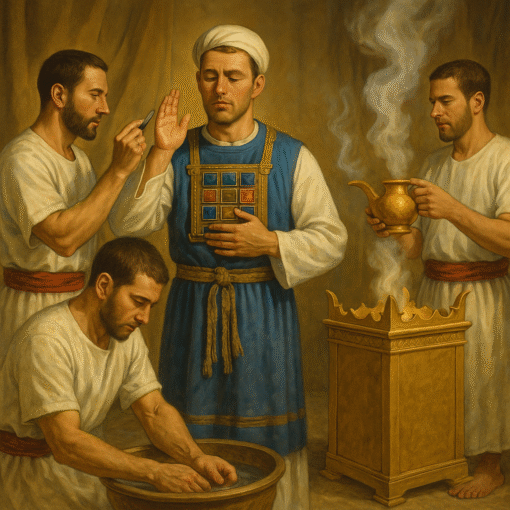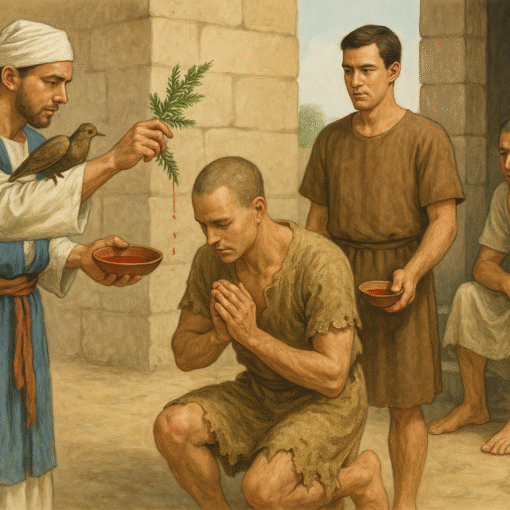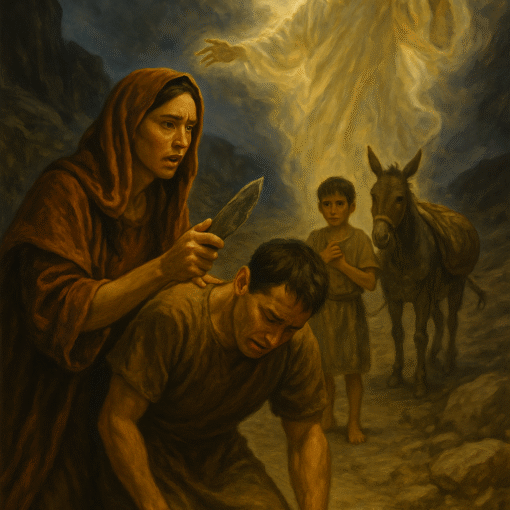? God’s Command
-
In Exodus 13:2, 12–13, the LORD commanded that every firstborn male, whether of man or beast, belonged to Him.
-
Clean animals (like lambs, oxen, goats) were sacrificed to the LORD.
-
Unclean animals (like donkeys) had to be redeemed by sacrificing a lamb in their place, or else their necks were broken.
-
Firstborn sons were not sacrificed but had to be redeemed.
? The Process of Redemption
-
Set Apart to God – Every firstborn male child was recognized as belonging to the LORD.
-
Redeemed with Money – Parents paid a ransom price, known as the “redemption of the firstborn” (Hebrew: pidyon haben).
-
Numbers 18:15–16 specifies the redemption price:
Five shekels of silver (after the shekel of the sanctuary), to be paid when the child was one month old.
-
-
Priests Received the Payment – Since the tribe of Levi was chosen by God in place of Israel’s firstborn (Numbers 3:12–13, 45), the redemption money was given to the priests.
-
Perpetual Ordinance – This ritual served as a reminder of God’s deliverance of Israel from Egypt, when He spared the firstborn who were under the blood of the lamb.
? Example in Practice
-
Later in Israel’s history, this became a formal ceremony. Even today, observant Jewish families hold a Pidyon HaBen (redemption of the son) when a firstborn son is 30 days old, paying five silver coins to a Kohen (priestly descendant).
? Summary: Israel redeemed their firstborn sons by paying five shekels of silver to the priests when the child was one month old, as a continual reminder that the firstborn belonged to God because of the Passover deliverance.
How useful was this post?
Click on a star to rate it!
Average rating 0 / 5. Vote count: 0
No votes so far! Be the first to rate this post.
We are sorry that this post was not useful for you!
Let us improve this post!
Tell us how we can improve this post?



